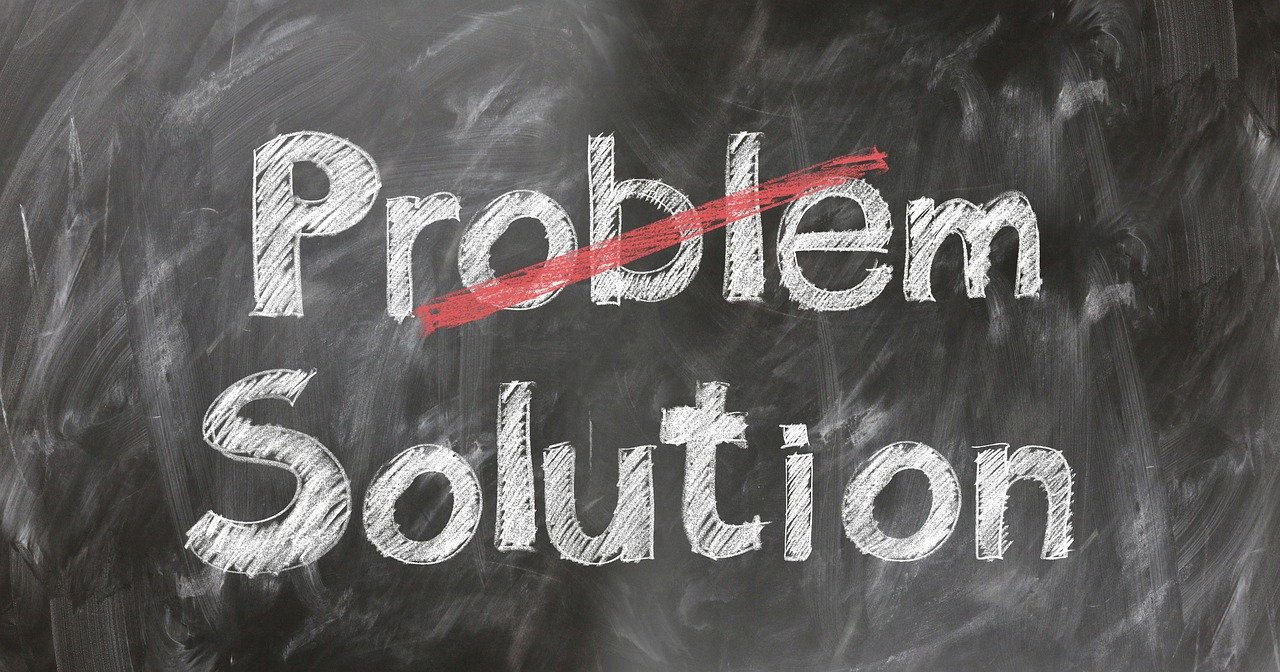
Click below to listen to this article
Problem-focussed coping
Problem-focussed coping is a type of coping strategy that aims to change or eliminate the source of stress, rather than managing the emotions associated with it. It involves taking action, seeking information, or finding solutions to deal with stressful situations. This can be beneficial when the stressor is under one’s control and can be modified or removed. However, it may not be effective when the stressor is beyond one’s control or requires emotional processing.
In relation to self-transcendence, problem-focussed coping may reflect a high level of persistence, cooperativeness, and low harm avoidance, as well as a tendency to seek support from others. self-transcendence is a personality trait that involves a sense of connection to something greater than oneself, such as nature, spirituality, or humanity. self-transcendence may help people cope with stress by providing meaning, purpose, and hope.
This article will explore problem-focussed coping in detail and provide guidance as to using the technique on a transcendence journey.
Typical use cases
Some examples where problem-focussed coping is beneficial during transcendence are:
- When a person is facing a terminal illness, they may use problem-focussed coping to seek medical treatment, manage their symptoms, and plan for their end-of-life care. This can help them achieve a sense of peace and acceptance of their condition and prepare for their transition to a higher realm of existence.
- When a person is pursuing a spiritual goal, such as enlightenment or nirvana, they may use problem-focussed coping to overcome the obstacles and challenges that arise in their path. This can help them maintain their focus, discipline, and motivation to reach their desired state of transcendence.
- When a person is experiencing a crisis of faith, such as doubt, confusion, or disillusionment with their religion or belief system, they may use problem-focussed coping to seek guidance, clarification, and support from others who share their faith or from authoritative sources. This can help them restore their confidence, trust, and commitment to their transcendent values and principles.
Key stages in problem-focussed coping
Problem-focused coping is a strategy that aims to reduce or eliminate the source of stress by acting. It involves identifying the problem, generating possible solutions, evaluating the pros and cons of each option, choosing the best one, and implementing it. Here are the key steps in applying problem-focused coping to a situation:
- Define the problem clearly and objectively. What is causing you stress? How does it affect you and others? What are your goals and expectations?
- Brainstorm possible solutions. Think of as many ways as you can to solve or improve the situation. Be creative and open-minded. Don’t judge or dismiss any idea at this stage.
- Evaluate the alternatives. For each solution, consider the benefits and drawbacks, the feasibility and resources required, the potential outcomes and consequences, and your preferences and values.
- Choose the best solution. Based on your evaluation, select the option that seems most likely to achieve your goals and minimize your stress. Make sure you are confident and committed to your choice.
- Implement the solution. Plan how and when you will execute your chosen solution. Anticipate any obstacles or challenges that might arise and prepare for them. Monitor your progress and adjust your plan if needed.
- Evaluate the outcome. After implementing your solution, assess whether it worked or not. Did it solve or reduce the problem? Did it have any positive or negative side effects? What did you learn from the experience? How can you strengthen your problem-solving skills for the future?
Examples for your inspiration
One example of where problem-focussed coping has been applied during transcendence to overcome an obstacle is when a person who is diagnosed with a terminal illness decides to seek information and assistance from various sources, such as medical professionals, support groups, spiritual advisors, or alternative therapies.
By doing so, the person may be able to find ways to cope with the physical and psychological challenges of their condition, as well as to find meaning and purpose in their life. Another example of where problem-focussed coping has been applied during transcendence to overcome an obstacle is when a person who is facing a difficult life transition, such as retirement, divorce, or relocation, decides to take control of the situation and plan ahead for the changes. By doing so, the person may be able to reduce the uncertainty and anxiety associated with the transition, as well as to explore new opportunities and possibilities for their future.
Here are some other examples of problem-focussed coping in action:
- Work: A manager who faces a tight deadline for a project may use problem-focussed coping by breaking down the tasks into smaller steps, delegating responsibilities to team members, and setting realistic goals and priorities.
- Relationships: A couple who has frequent conflicts may use problem-focussed coping by communicating openly and respectfully, identifying the root causes of their disagreements, and finding compromise and solutions that work for both parties.
Further reading
here is a summary list of useful weblinks that discuss this topic and provide some examples and tips:
Problem-Focused Coping | SpringerLink: This link provides a definition and overview of problem-focused coping and how it differs from emotion-focused coping. https://link.springer.com/referenceworkentry/10.1007/978-3-030-39903-0_1171
Relationships among optimism, well-being, self-transcendence, coping …: This link reports a study that investigated the relationship between optimism and emotional well-being in women with breast cancer during radiation therapy. It also examined how self-transcendence, social support, and problem-focused coping mediated this relationship. https://onlinelibrary.wiley.com/doi/epdf/10.1002/pon.1461
Coping Mechanisms: Types, Uses, Interpretations – Verywell Health: This link explains what coping mechanisms are and how they can help us deal with stress or unpleasant emotions. https://www.verywellhealth.com/coping-mechanisms-5272135
Transactional Model of Stress and Coping | SpringerLink: This link introduces the transactional model of stress and coping, which is a framework for understanding how people cope with stressful events based on their appraisal of the situation and their available resources. https://link.springer.com/referenceworkentry/10.1007/978-3-319-28099-8_2128-1
What Is Problem-Focused Coping? Problem Focused Strategies To Help You: This link provides a more detailed description of problem-focused coping and how it can help us deal with stressors that are under our control. https://selfcarefundamentals.com/problem-focused-coping/




0 Comments